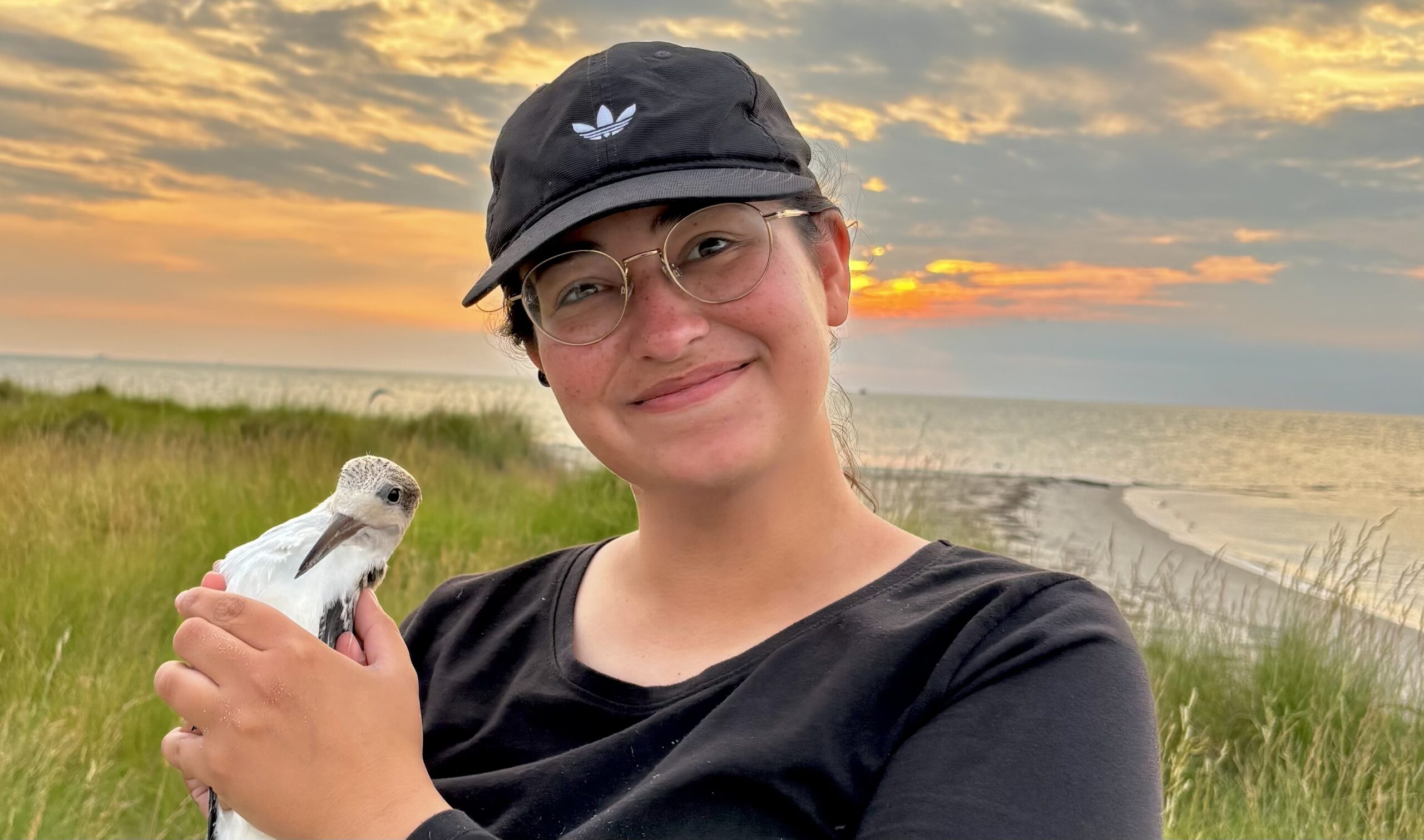2025 STEM Policy Fellows Begin Service at State Government Offices
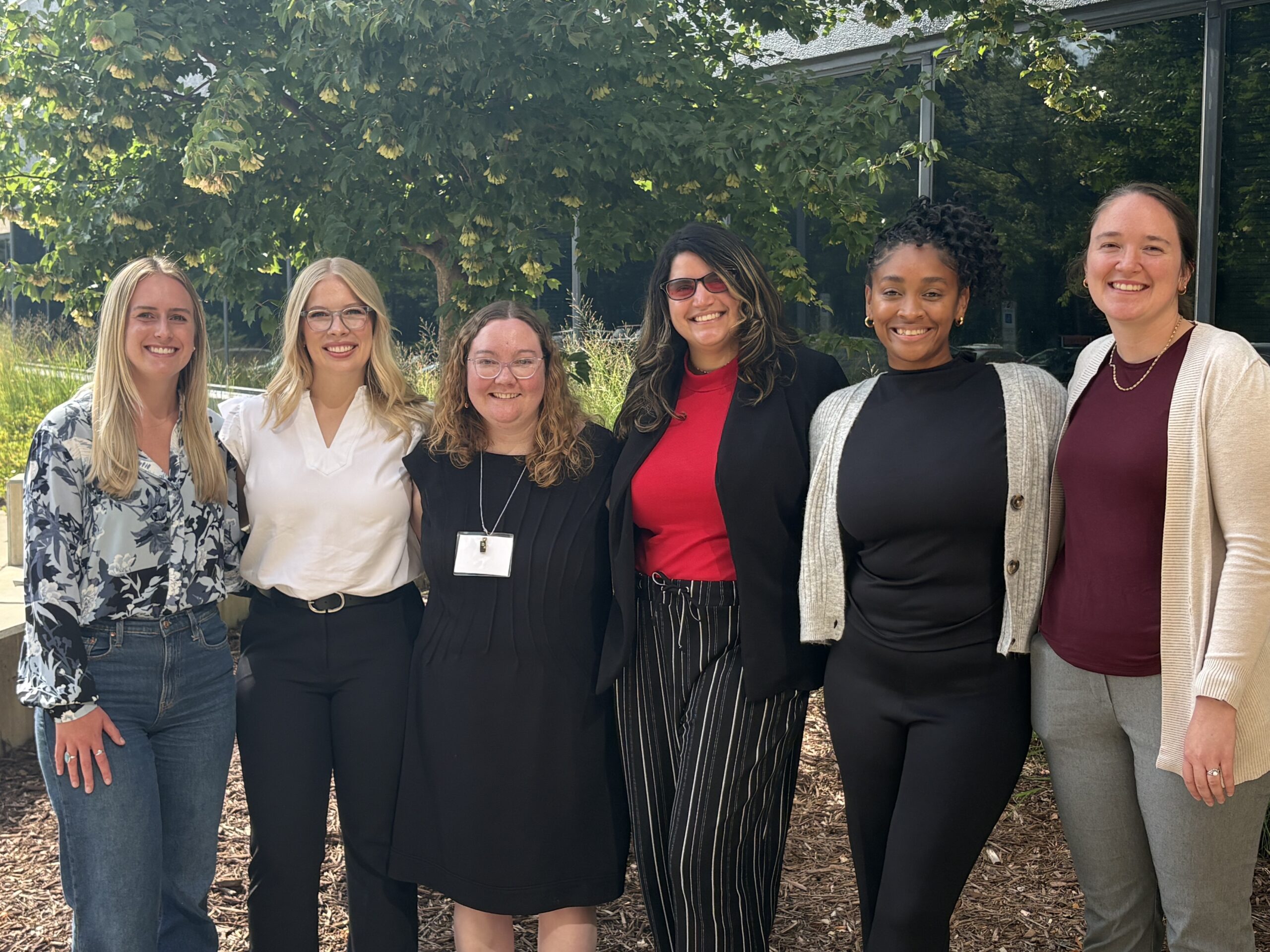
Contact: John Fear, jmfear@ncsu.edu
Six new North Carolina STEM Policy Fellows are beginning their year-long roles in high-level state government offices. The fellowships provide in-state, non-academic career opportunities for recent graduate students in science, technology, engineering, and math disciplines.
“This cohort represents a strong group of emerging leaders, ready to bring their STEM expertise to the policymaking process,” says Aman Kohli, research and program coordinator for North Carolina Sea Grant. “We look forward to seeing the impact they will make as they help address pressing science and technology policy challenges across North Carolina.”
North Carolina Sea Grant administers the STEM Policy Fellowship Program, now in its sixth year, with a generous matching grant from the Burroughs Wellcome Fund and support from some of the host offices.
“These fellowships provide a vital bridge between science and policy within the state government,” says North Carolina Sea Grant deputy director John Fear. “We’re especially excited to welcome another new host office this year — the Albemarle-Pamlico National Estuary Partnership — as we continue expanding opportunities for impactful collaboration.”
Professional development and networking opportunities for fellows are available through a partnership with Sigma Xi, the international honor society of science and engineering. Sigma Xi provided fellows with a policy workshop (“bootcamp”) this summer.
The 2025 fellowship class includes students from Duke University, the University of North Carolina Wilmington, the University of North Carolina Greensboro, the University of North Carolina at Chapel Hill, and North Carolina State University.
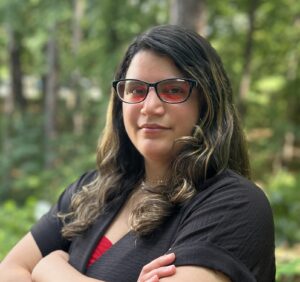
Mariely Vega Gómez holds a Ph.D. in biology from North Carolina State University. Her research focused on assessing how tropical stream ecosystems respond to natural disturbances. She will work with the State Energy Office within the Department of Environmental Quality.
“I look forward to gaining insights into how scientific findings are translated into policy to create real-world impact,” says Vega Gómez. “I hope to expand my network, collaborate across sectors, and develop the skills to help bridge science and policy for the benefit of North Carolina communities.”
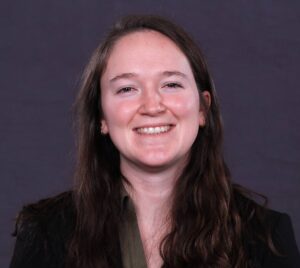
Katherine Elizabeth Hollinger Beatty holds a Ph.D. in atmospheric science from NC State, where she identified future changes to hurricane rainfall and flooding. She will work with the North Carolina Department of Transportation.
“Through the NC STEM Policy Fellowship, I hope to strengthen my ability to translate scientific research into practical policy solutions,” says the NC State graduate. “This experience will deepen my understanding of how science can directly inform decision-making at the state level and contribute to more resilient communities across North Carolina.”
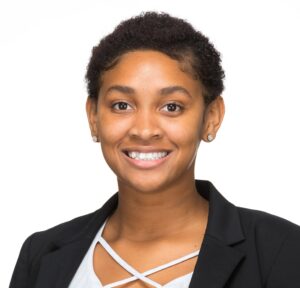
Kamya Bates holds a master’s in earth and marine sciences from the University of North Carolina at Chapel Hill. Her work focused on restoring seagrass in Back Sound, North Carolina, using seed-based restoration methods. She will work with the State Energy Office.
“During the fellowship, I hope to gain knowledge on executing policy at the state level,” says Bates. “I look forward to the opportunity to learn more about energy efficiency within North Carolina and how to best serve North Carolina citizens.”
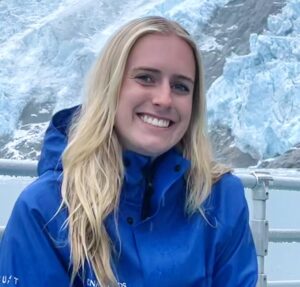
Riley Ragain holds a master’s in coastal and ocean policy from the University of North Carolina Wilmington, where she conducted a policy analysis focusing on PFAS contamination in North Carolina. She will work with APNEP.
“I look forward to gaining real-world experience in policy beyond the academic setting,” says Ragain. “I am excited to learn about seagrass and explore how to address environmental challenges in the state.”
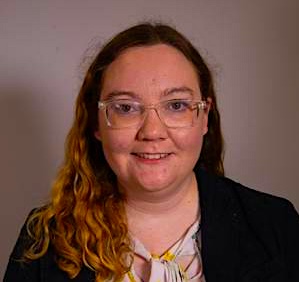
Hillary Dimig is a Ph.D. candidate in nanoscience at University of North Carolina at Greensboro, where she designed 5’ guide RNA extensions for increasing editing specificity of CRISPR systems. She will work with the NC Biotechnology Center.
“I hope to learn more about science policy in general, but especially in North Carolina,” says Dimig. “I’m excited to work with an organization with influence on economic development, education, health, and more for the people of this state.”
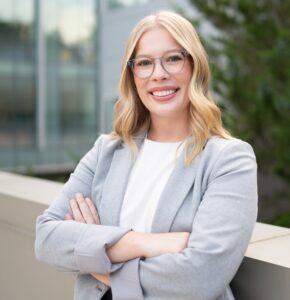
Natalie Schulte is graduating in September with a Ph.D. in chemistry from Duke University. She studied the chemical basis of essential metal interactions with proteins and protein complexes in the human body. She will work with the NC Department of Commerce Office of Science, Technology, and Innovation.
“I hope to gain experience in science policy at the executive level to understand what goes into policy-making and how to drive science innovation within the state,” says Schulte. “Additionally, I want to gain greater expertise in communicating about North Carolina’s science initiatives to a wider audience in an effort to promote the importance of science in our economy.”
- Categories:


